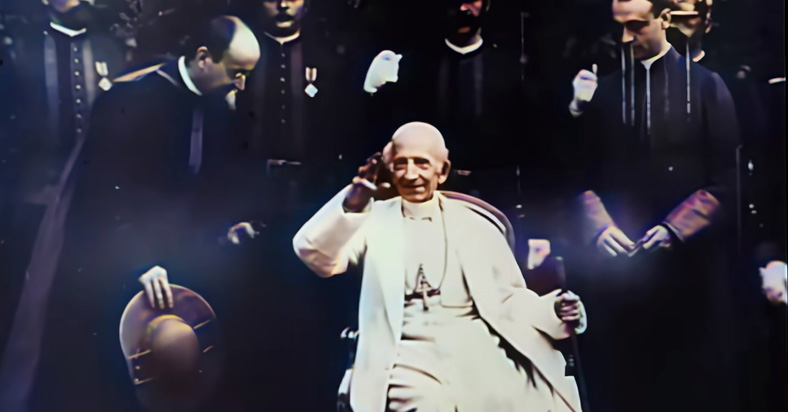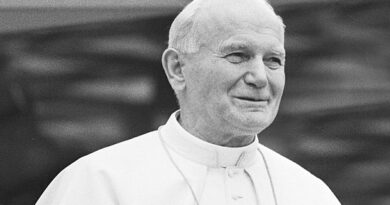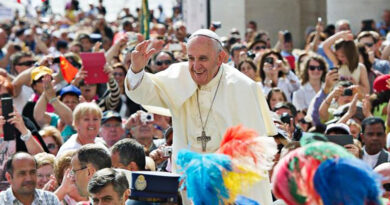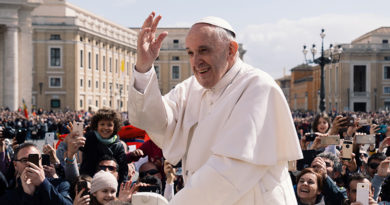Pope Leo XIII: A Glimpse into the Past, The First Ever Filmed Pontiff
Pope Leo XIII, born in 1810, stands as a remarkable figure in the history of the Catholic Church. Beyond his influential papacy, Leo XIII made an indelible mark by becoming the first Pope ever recorded on film, a significant event in the crossroads of history and technological advancements.
Early Life and Papacy
Born Vincenzo Gioacchino Raffaele Luigi Pecci in 1810, Pope Leo XIII experienced a world that spanned the 19th to the 20th century. His childhood and early adulthood coincided with the tail end of the Napoleonic era, witnessing the rise and fall of empires. Leo XIII’s journey towards the papacy was marked by academic excellence and a deep commitment to his faith. In 1878, he ascended to the pontificate and led the Catholic Church for a quarter of a century until his death in 1903.
Pope Leo XIII and the Advent of Film
One of the most intriguing aspects of Pope Leo XIII’s legacy is his association with the birth of cinematic history. In 1896, at the age of 86, he became the first Pope ever to be recorded on film. This recording not only captured the essence of his papacy but also became a fascinating glimpse into a world that had transitioned from the 18th to the 19th century.
Historical Significance
Pope Leo XIII’s film recording holds immense historical significance. Being born just a decade short of the 1700s, he lived through a period of profound societal and technological changes. The fact that he could be captured on film in 1896 exemplifies the rapid advancements in media technology during his lifetime.
A Connection to the 18th Century
Leo XIII’s birth in 1810 meant that he interacted with individuals who were born in the 1700’s, providing a unique link to a bygone era. His life and pontificate bridged the gap between the Enlightenment and the modern world, making him a witness to the unfolding chapters of history.
Technological Crossroads
The recording of Pope Leo XIII on film in 1896 signifies a pivotal moment in the intersection of history and technology. As the first Pope captured on this revolutionary medium, Leo XIII became a symbol of how traditional institutions were adapting to and embracing the innovations of the 19th century.
Pope Leo XIII’s life and papacy are not only integral to the history of the Catholic Church but also serve as a compelling narrative of a man who straddled two centuries. His film recording in 1896 is a testament to the transformative power of technology and its ability to connect us with the past. As we reflect on the legacy of Pope Leo XIII, we are reminded that the convergence of historical epochs is not only captured in books but also in the flickering frames of the earliest films, where a Pope from the early part of the19th century meets the gaze of the film lens to be witnessed by future generations. He is not only the first Pope to be recorded on film, but perhaps the earliest-born person to have been so.
Nineteenth century videos. Back to life.




